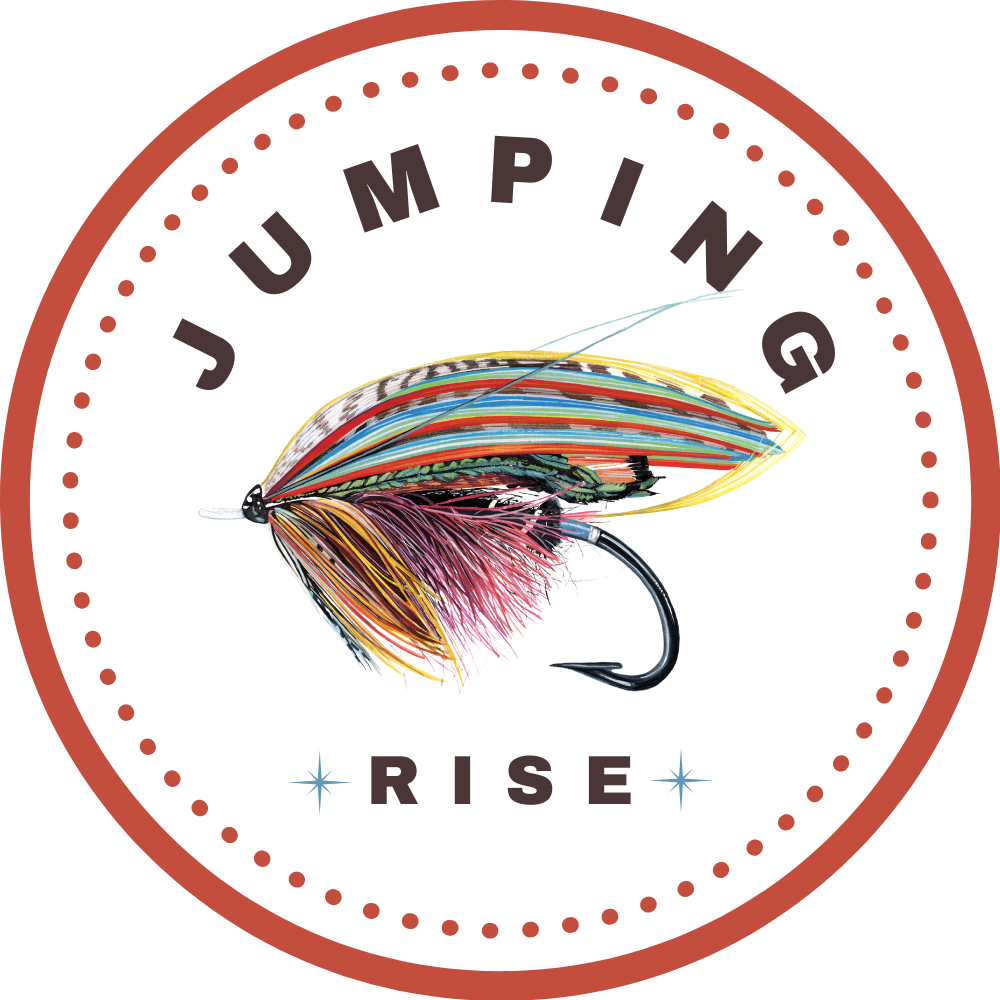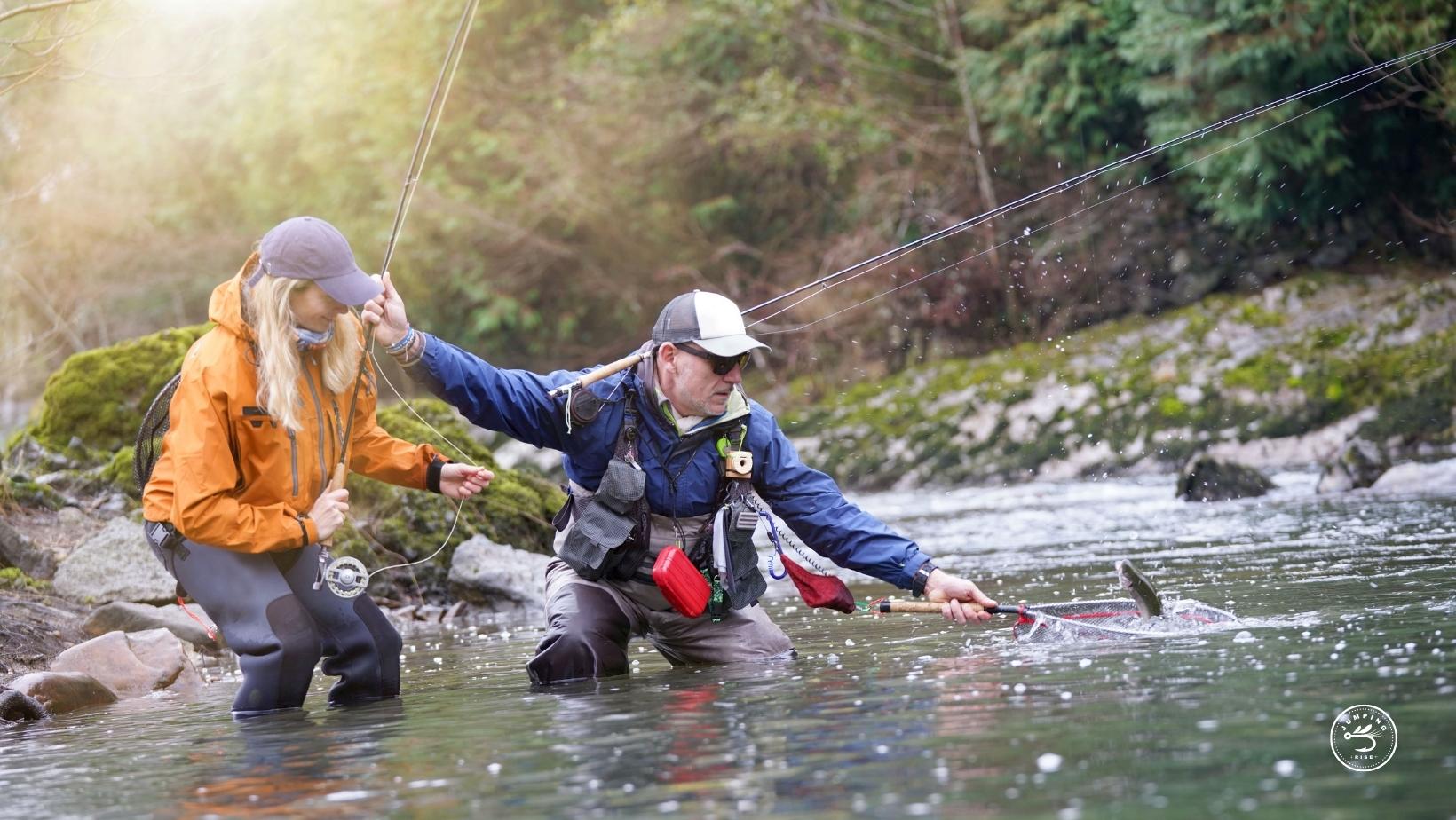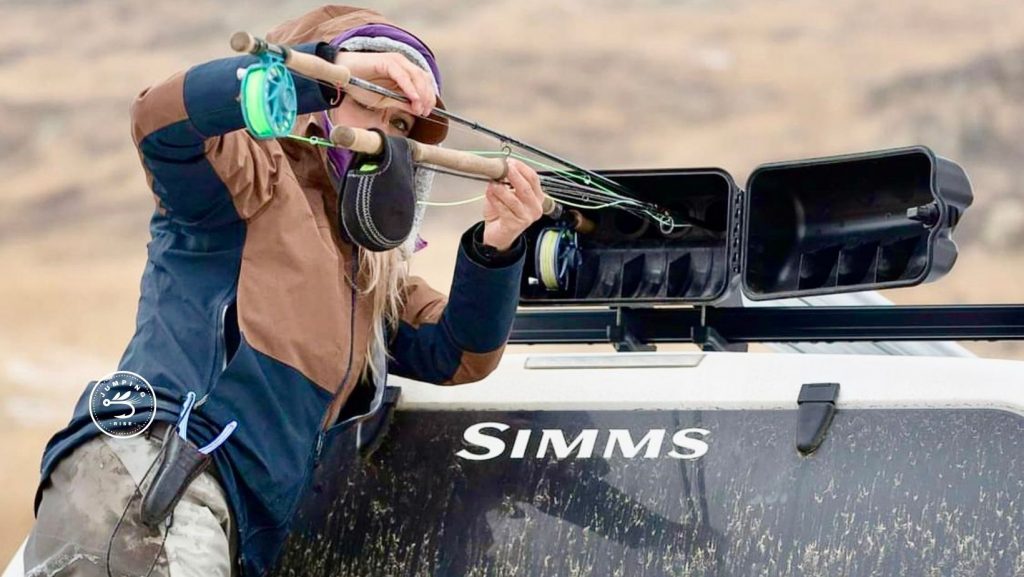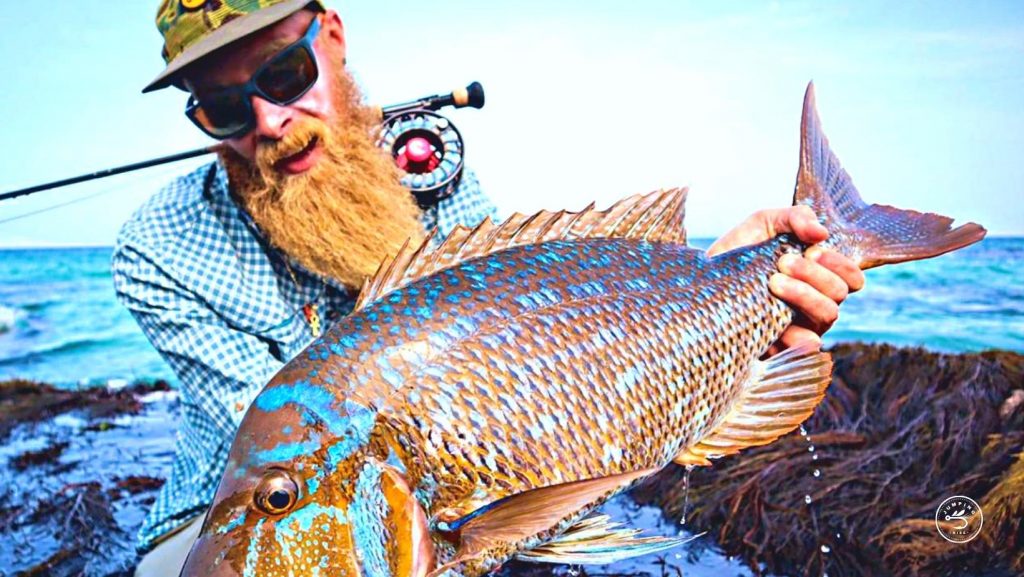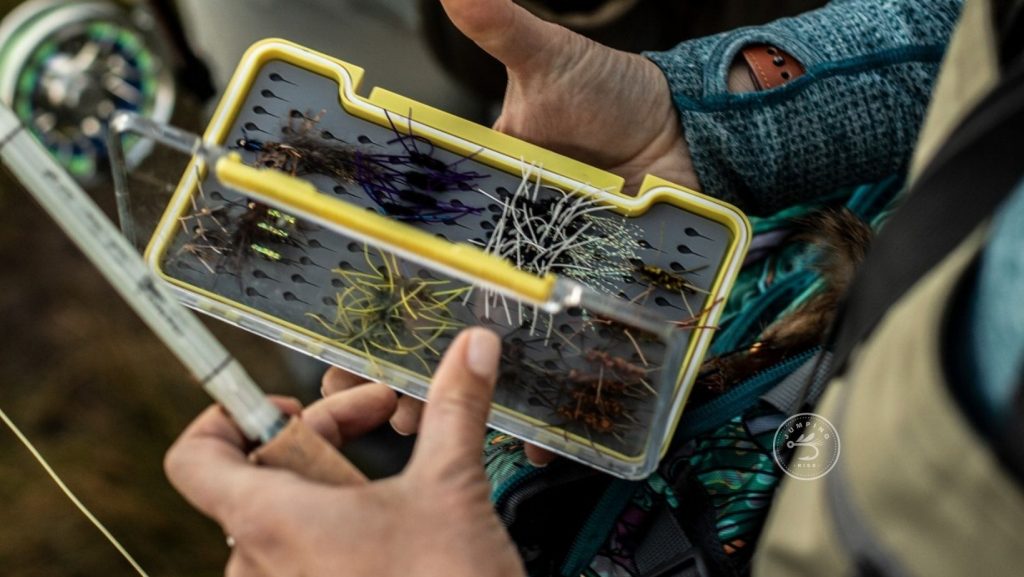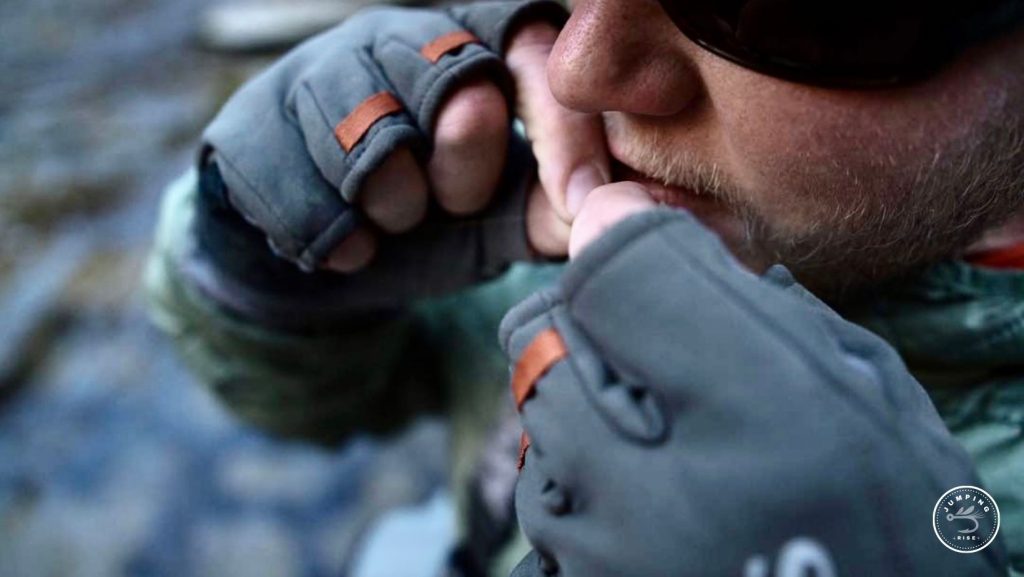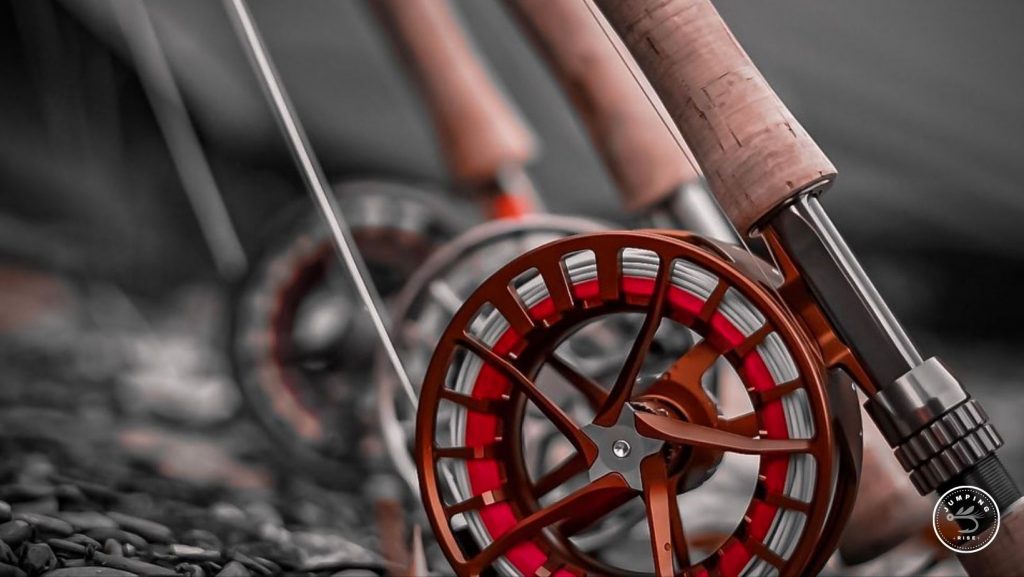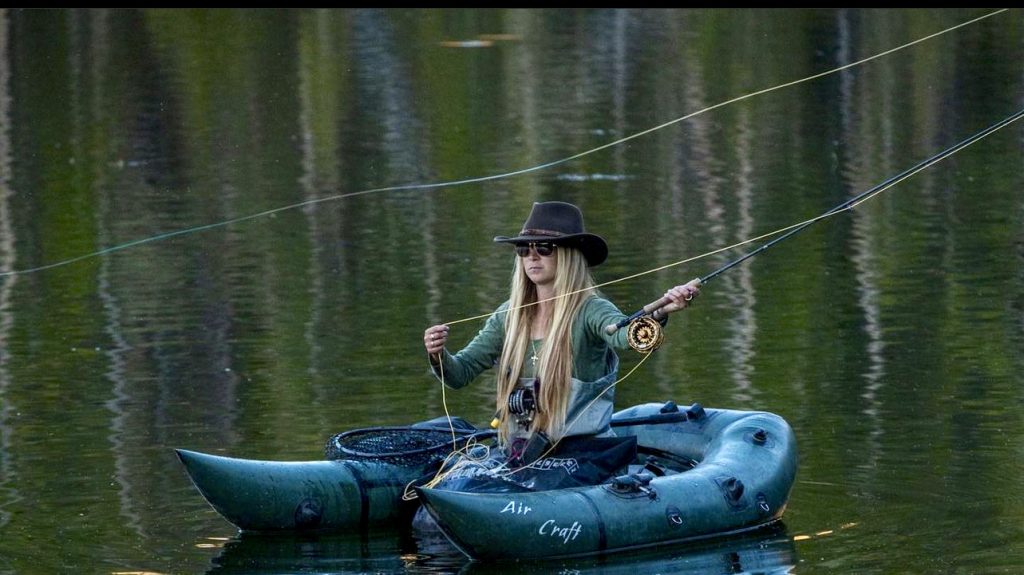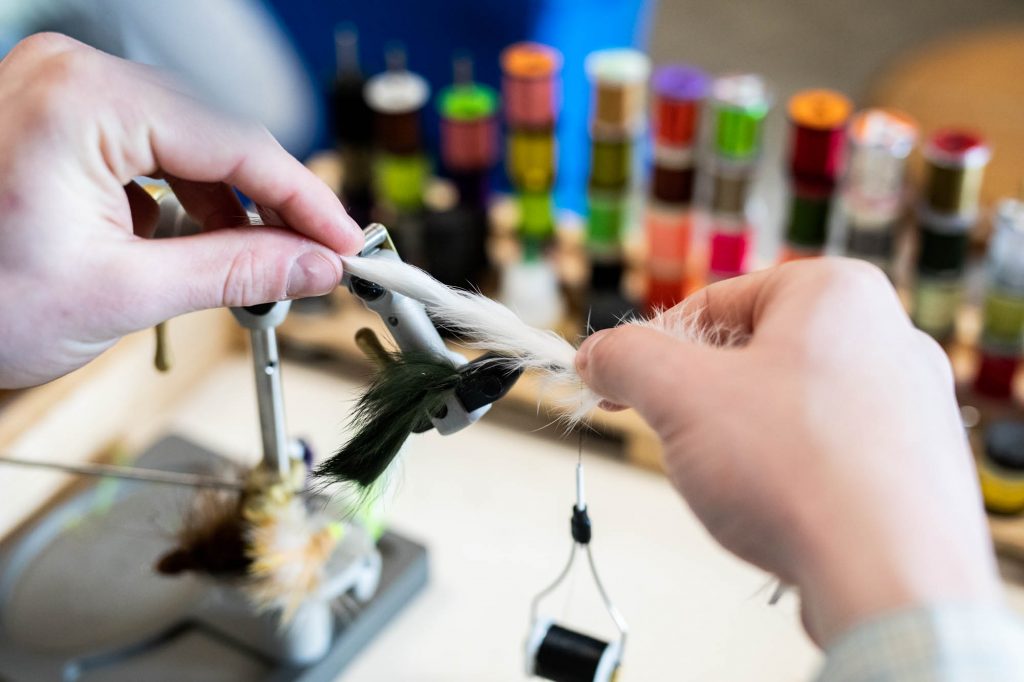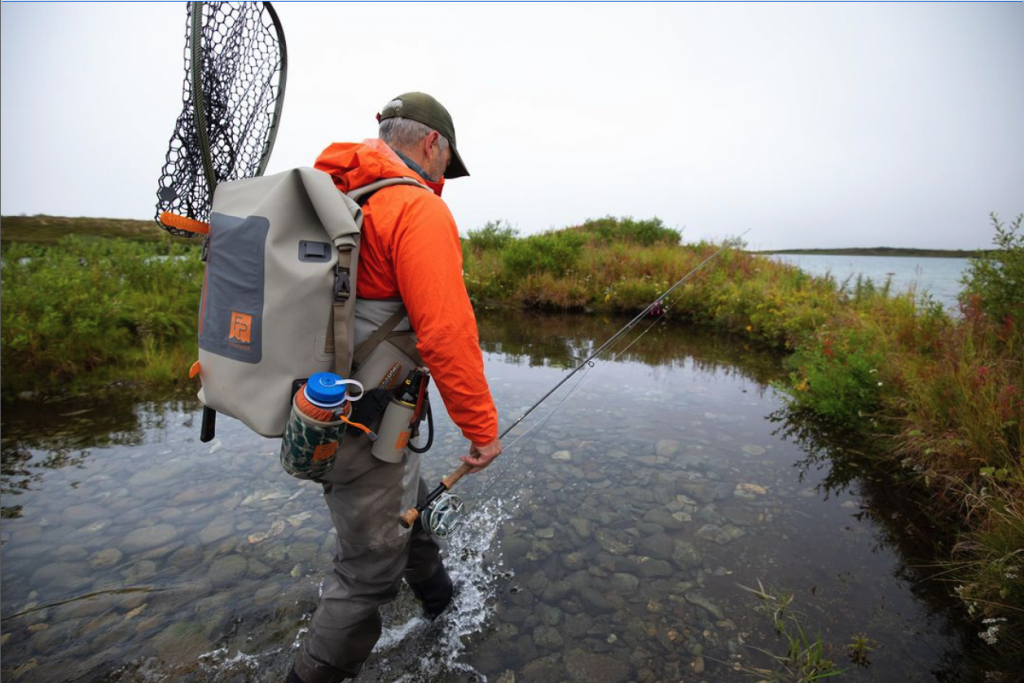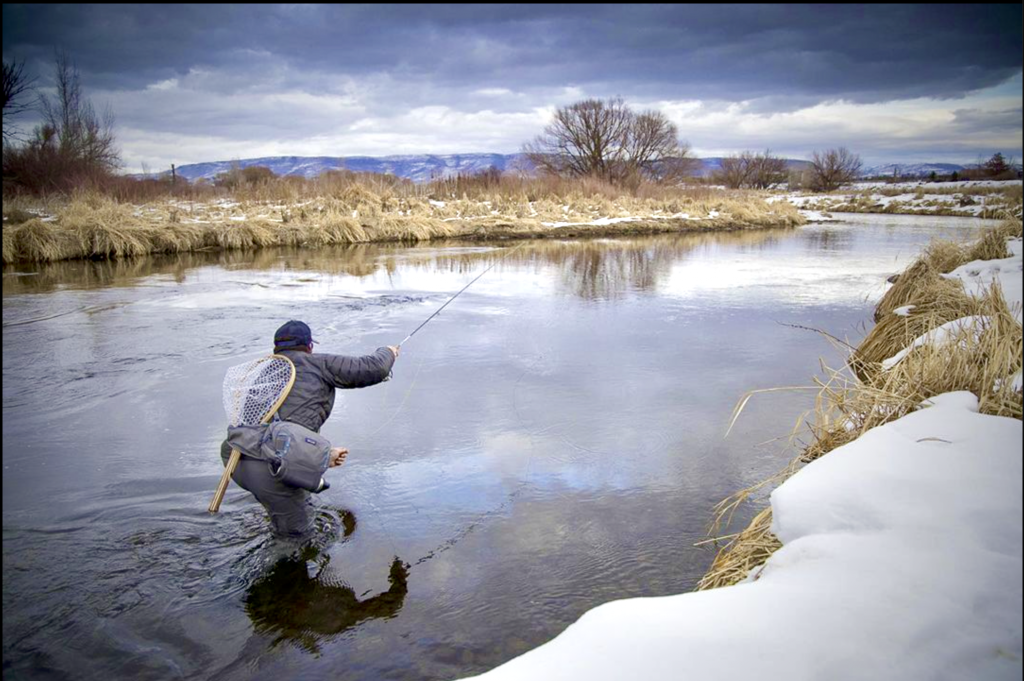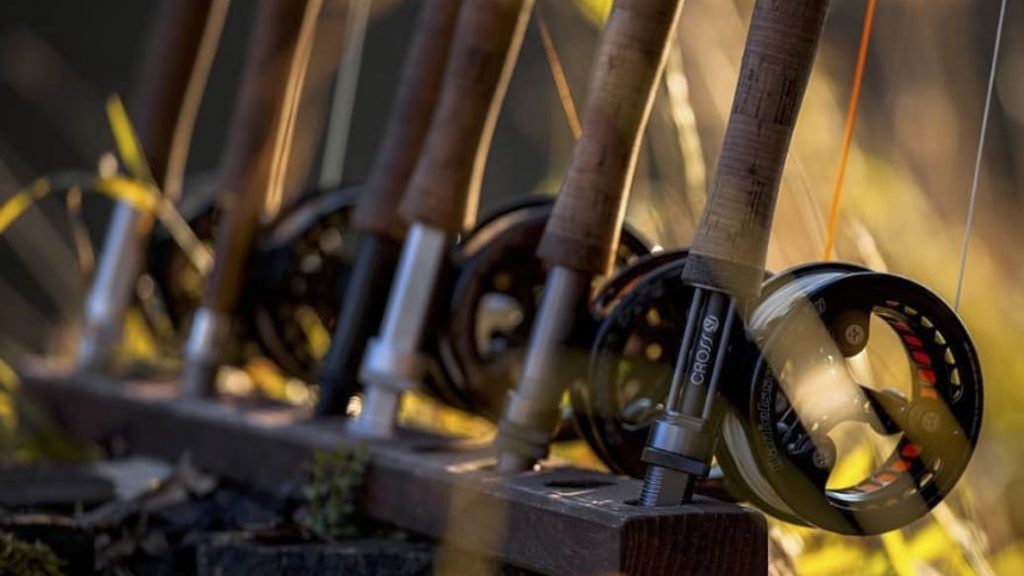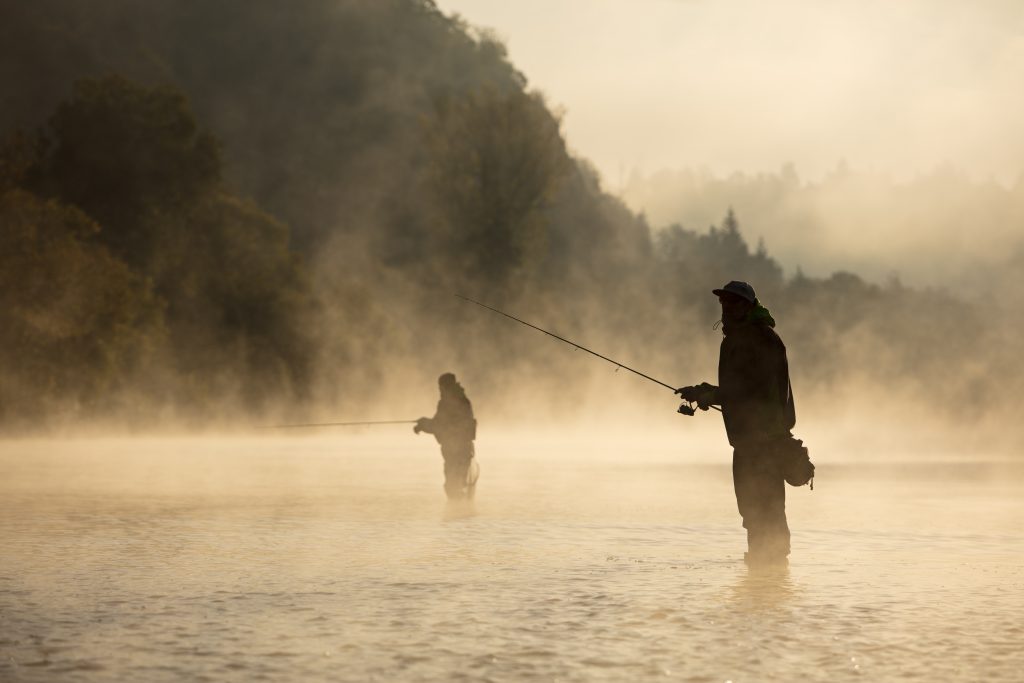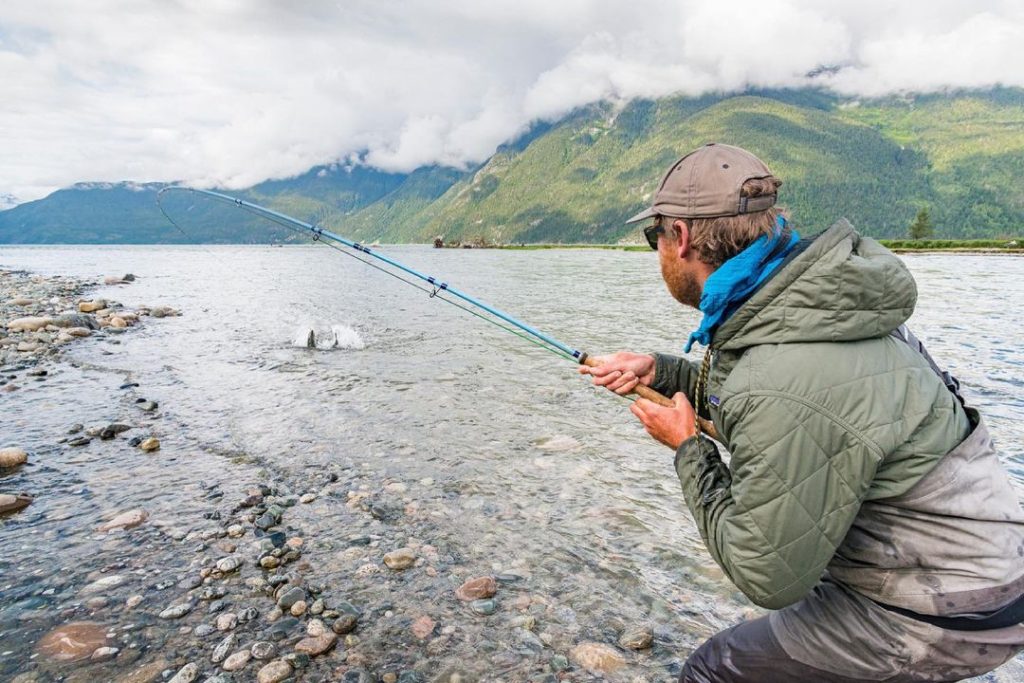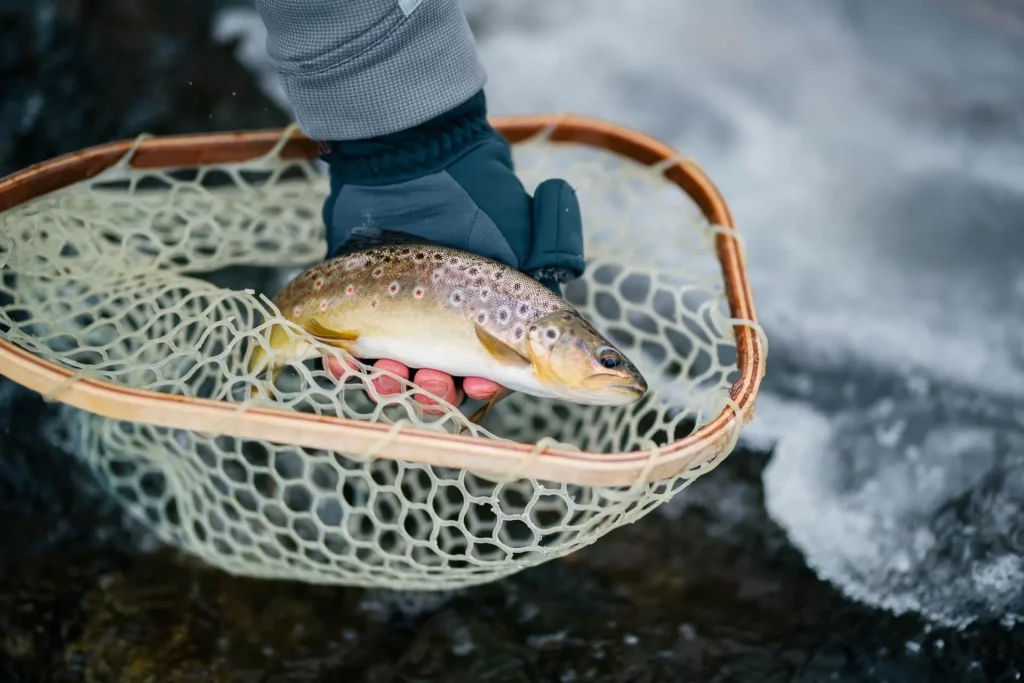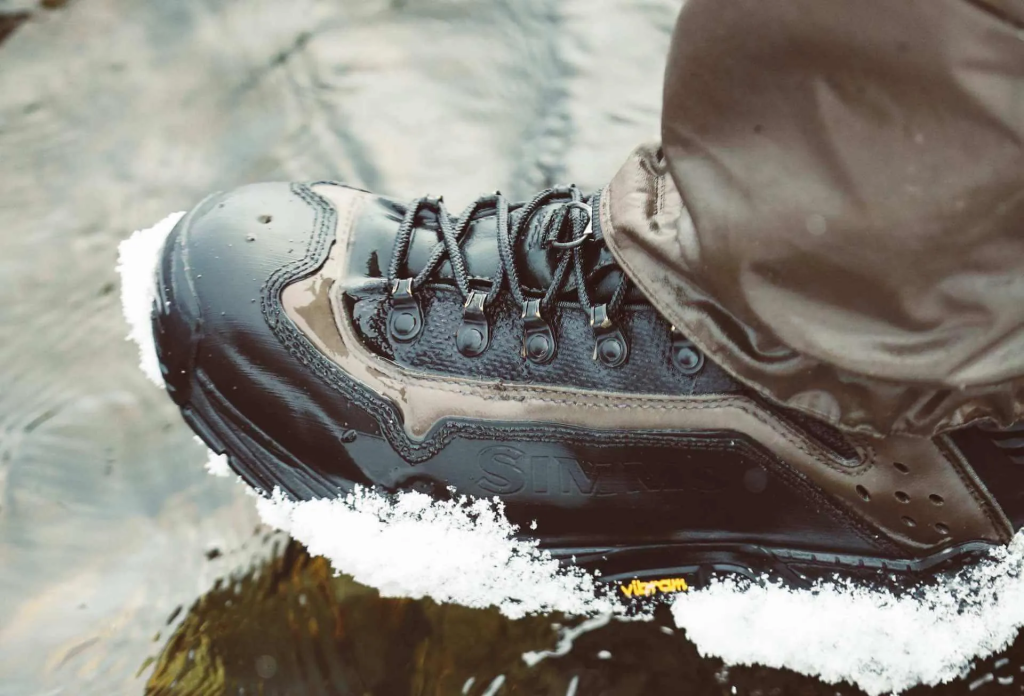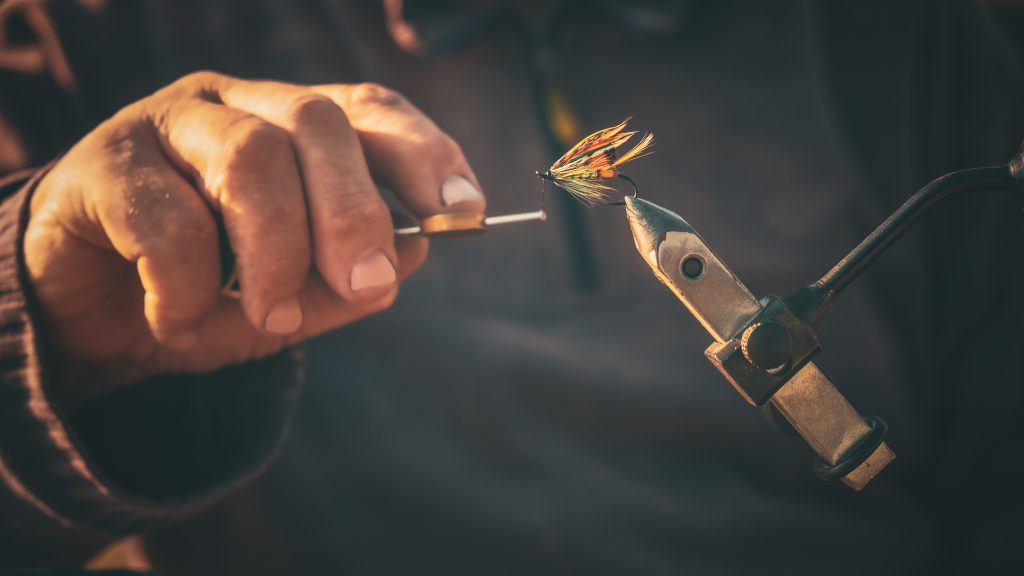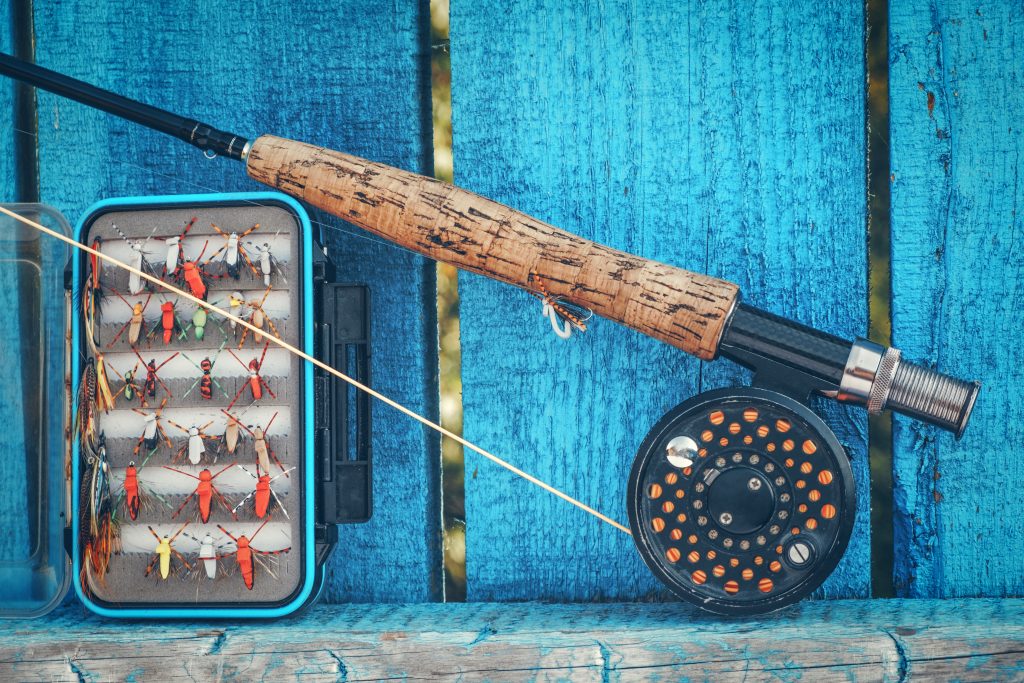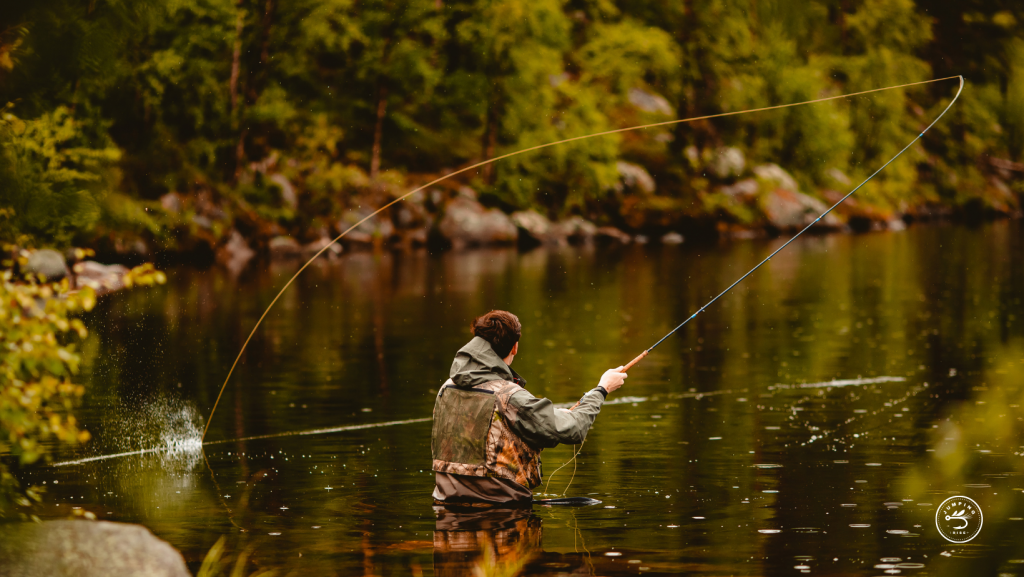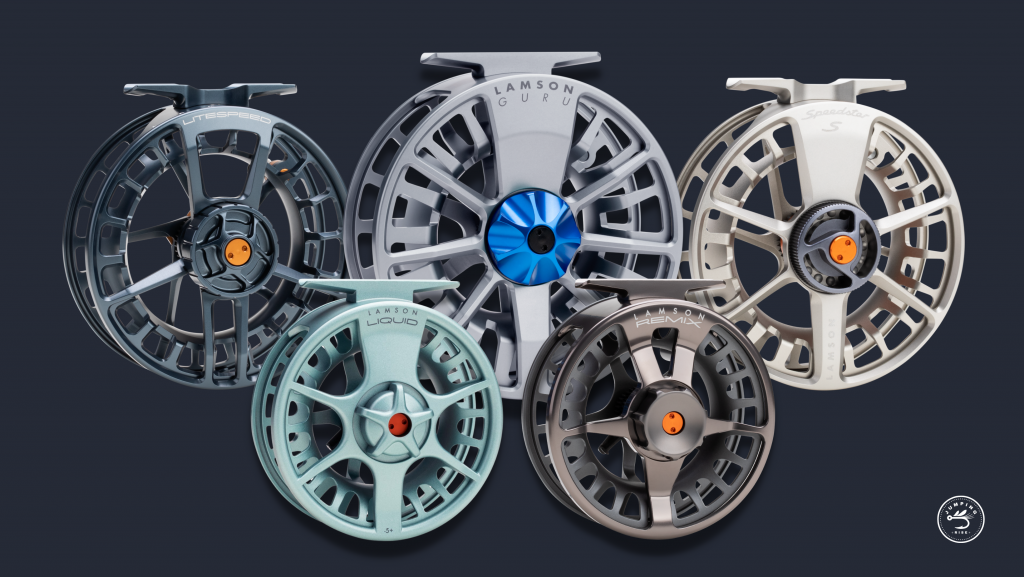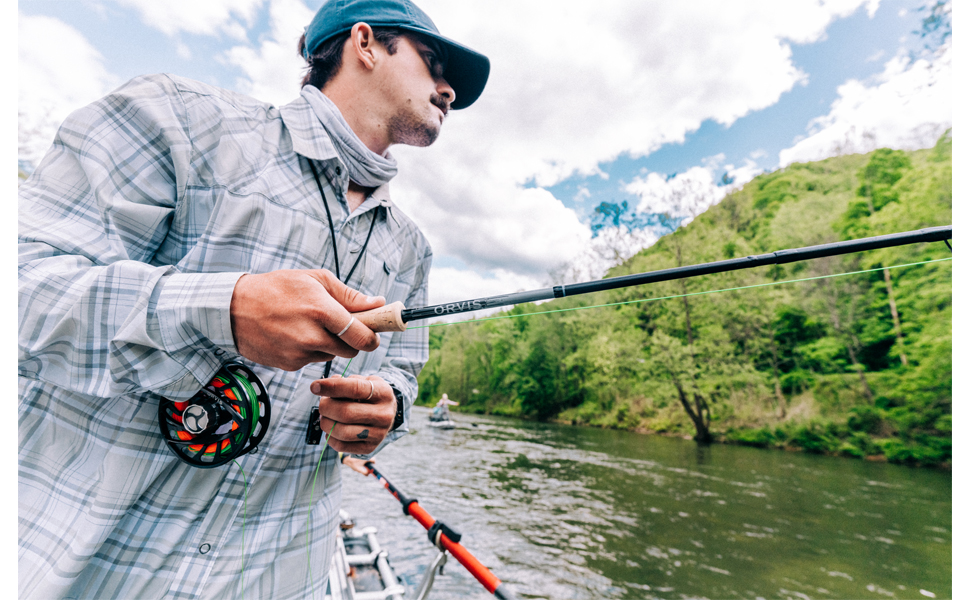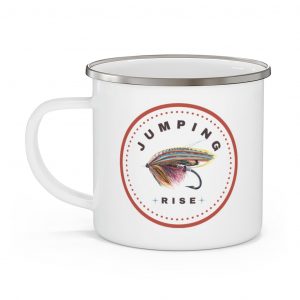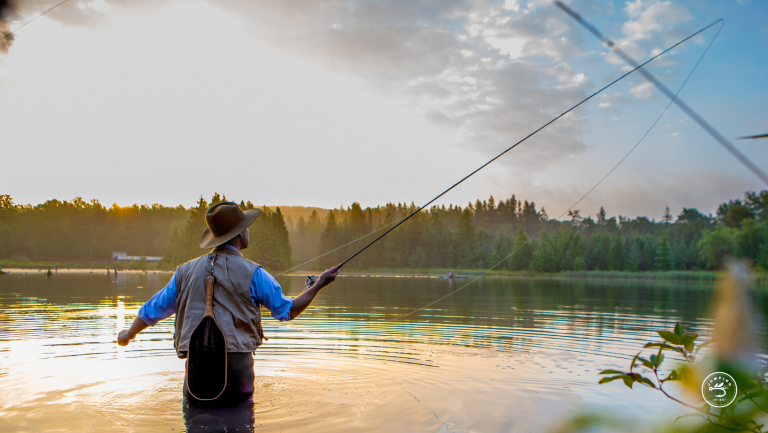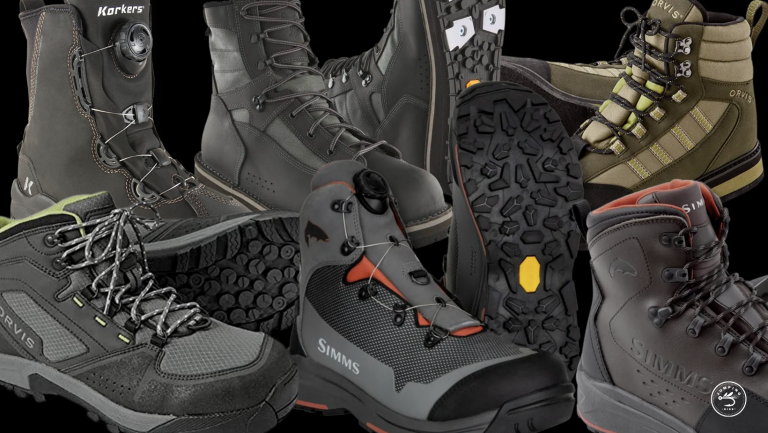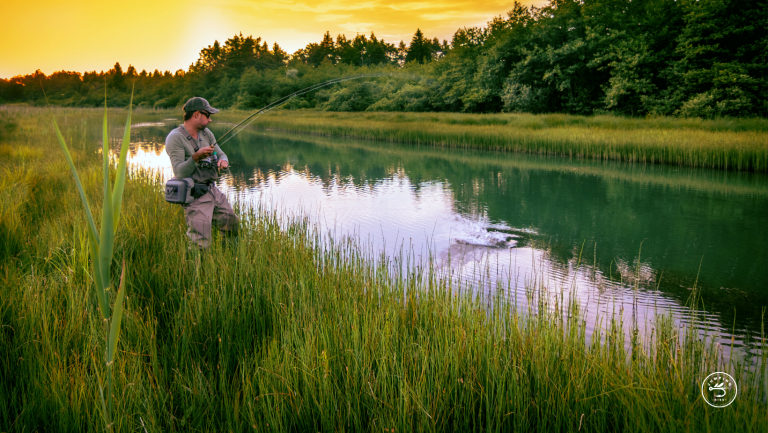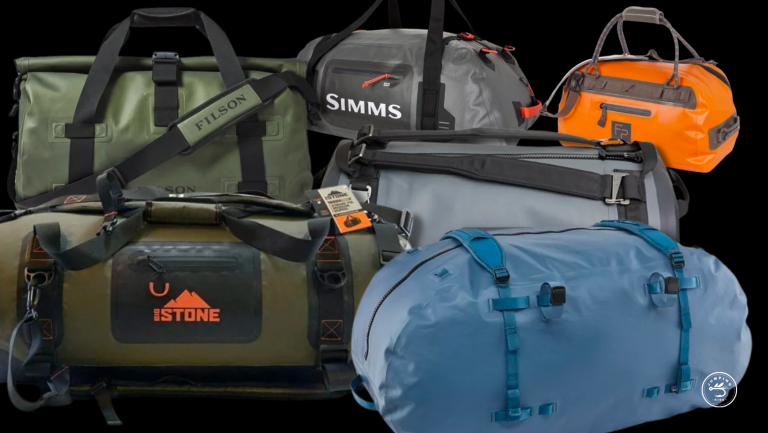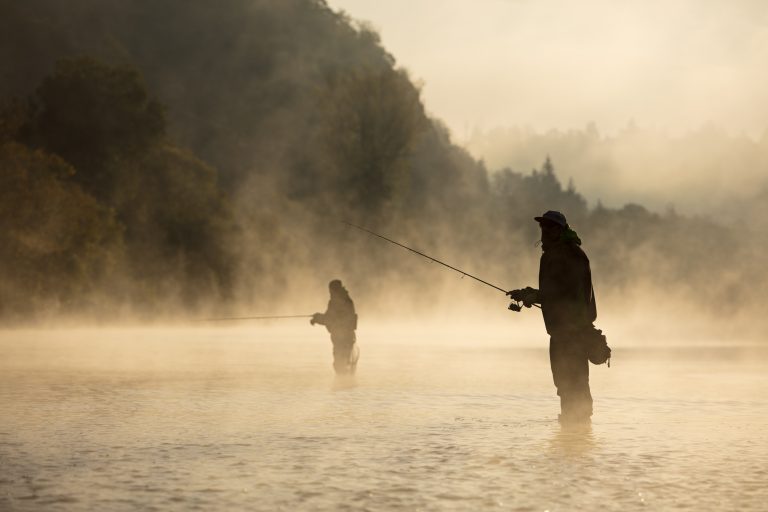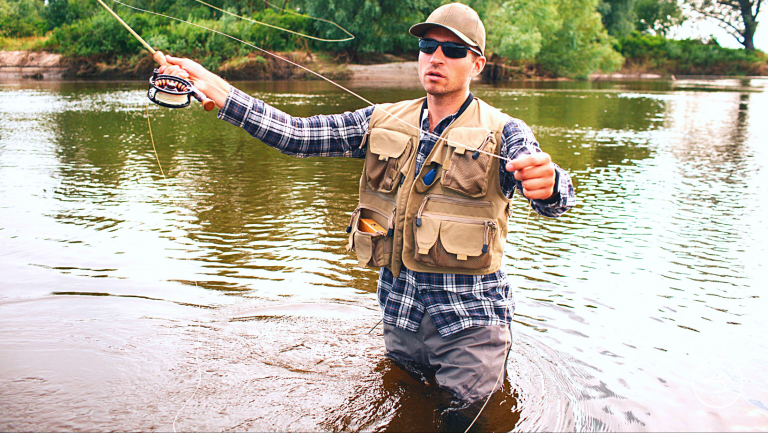Should You Tip A Fly Fishing Guide? If So How Much?
The Misconception That Fly Fishing Guides Have It Easy
You have probably heard that the best way to be happy in life is to make a living doing something you love. With this in mind, it would seem that a fly fishing guide has hooked and landed the perfect job. After all, they get to go fishing with new friends every day, enjoy the outdoors, catch loads of fish, and make money doing it.
What could be better than that?
A guide is a hero when fishing is easy but making it look easy takes a lot of hard work and preparation. The truth is, there is a lot more to a day-in-the-life of a fly fishing guide, and all of that happens long before you set your first hook and reel in the big one. Gratuity is a large part of a guide’s income so it isn’t something to be taken lightly or worse, skipped altogether.
Generally speaking, your tip amount for a fishing guide should take the whole trip experience into consideration. The gratuity amount should be based on how the guide controls all the variables, not on the number of fish caught. There are days when the fish will agree to take almost any fly. Other days when the fish and weather simply will not cooperate, no matter how skilled or knowledgeable your guide is.
Tipping Guide
- General Rule: 20% of the total trip cost.
- Full-Day Float: 20% is usually around $100.
- Off-Shore Boat Charter: 20% is likely more than $100.
- Walk-and-wade day on a small trout stream: 20% of the cost with a $50 minimum.
- Payment: Always pay with cash. Pay separately from your trip payment.
- If You Are Unsure: Ask what is typical and follow suit.
Quick Links
- Why Tip A Fly Fishing Guide?
- How Much Should You Tip Your Fly Fishing Guide?
- A Word of Caution About Not Tipping
- What makes a good fly fishing guide?
- How To Handle Tipping At The End of The Day
- Paying Your Guide
- Insight From Professional Fly Fishing Guides
- Insight From Customer Experiences
- Conclusion
Why Tip A Fly Fishing Guide?
Guides Put In The Work To Become Experts
Years of Fly Fishing Experience
Guides have years of fly fishing knowledge and local area knowledge. They already put in the work to learn how to locate fish, understand fish behavior, and how to present a fly in just the right way to convince a fish to take it.
Your guide has (hopefully) developed some personality traits that make the day enjoyable even if the fish aren’t biting and the weather is not cooperating.
You are paying your guide to compensate for your lack of skill or knowledge, the fish, and the weather so you can have the best day possible. They have put in the work so you don’t have to. Your dollars make it a win-win for everyone.
Hours of Preparation
Long before you show up for the day, your guide has already put in hours of prep work. This includes time spent researching, acquiring, and maintaining the best gear possible. Hours spent tying flies, prepping leaders, and getting gear ready. If food is included, they likely prepped that as well.
Keep in mind that you might not be the only trip they are prepping for at the same time. If your guide is a one-man operation they are also doubling as a business owner and handle phone calls, advertising, and a list of other things required just to keep customers coming through the doors and leaving with a smile on their face.
Fly Fishing Guides Work In The Service Industry
Like a waiter at a restaurant, valet at the hotel, or a caddy at a golf course, a fly fishing guide works in the service industry. They likely rely on tips for a majority or possibly all of their income.
In the US tipping is customary and expected in the service industry. Whether you agree or not, that is how it is so it’s best to understand that ahead of time and follow suit.
How Much Should You Tip Your Fly Fishing Guide?
In most cases, an acceptable tip for a fly fishing guide is around 20% of the total cost for the trip. This is just a general guideline and there are exceptions. For example, a full-day float would be around $100.
For an off-shore trip on a charter, it would likely be more. For a simple walk-and-wade day on a small trout stream, it is probably closer to $50. When in doubt, go with the 20% rule and keep the minim above $50.
Also, take note of the cost of living in the area you are fishing. Check the price of groceries at the store or meals at the restaurant and use that as a baseline. Your guide likely lives close by and will bear the burden of the cost of living. A dollar goes a lot further in some places v.s. others, so take that into consideration.
A Word of Caution About Not Tipping
Even if your day wasn’t a success, your guide wasn’t as friendly as you hoped, or the food was bad you should still give a satisfactory tip, especially if you want to come back to the area. In short, word travels fast among a tight group like fly fishing guides.
After work is done for the day, you can bet your bottom dollar that guides likely congregate together at the local bar or restaurant and might compare notes. If you didn’t leave a good tip or your gratuity was below the norm, you might be surprised to find it difficult the next year you want to book a guide in the same area. You may find dates all full or guides unavailable for example.
This is not always the case, but keep in mind it is a possibility and plans your actions accordingly.
What Makes A Good Fly Fishing Guide?
Professional And On Time
Your guide should wear a few different hats well. They should be professional and at the same time personable and friendly. Some things to look for might include:
- They provided a meeting place and location ahead of time.
- They arrive before you, prepped and ready to go.
- There was a proper meet-and-greet with an exchange of smiles, laughs, and discussion of the day ahead.
- You were asked what you wanted to get out of the day, and plans were adjusted to accommodate your desires.
- You departed the meet-and-greet happy and excited to spend the day with your guide.
Skilled Anglers With Expert Local Knowledge
Your fly fishing guide should make finding and hooking the fish you are after seem straightforward and uncomplicated. They should know the area well as they know their own backyard. Your guide should know what flies are best for the day’s conditions and the fish species you are after.
They should really have the “fishing” part covered so well they can devote most of their time and energy to making your day fun and successful. There should be ample energy and attention for stories laughs, and making you and your party feel like good friends.
Heart Of A Teacher Without Playing Favorites
Any guide worth hiring will want their clients to catch fish as much, if not more than the guide does. In addition, a guide will want the client to feel like they hooked the fish on their own as much as possible.
Someone that will prop up your skillset when needed and to a lot of teaching and mentoring is a good sign your guide has the heart of a teacher. If you leave the day having caught some fish and with a new set of skills to boot, your fly fishing guide did their job as a teacher/mentor.
A Brief Mention About Kids
Having young kids or young teenagers along can be both fun and challenging for a guide. If your focus of the trip is for the kids to have a good time, be sure to mention this to the guide as soon as possible so they can adjust how they approach the day ahead of time. This will help your guide know where to spend the most time and attention. As the adult and person paying for the trip, the guide may make you a priority by default.
Do Everything Possible To Create A Quality Experience
A successful day for a guide can be really tough. When things aren’t going right, they will need to dig deep and work hard. There are many things they just can’t control, like high water levels, bad weather, and stubborn fish. A guide that can keep clients engaged, having fun, and learning, even when the day is not cooperating, is a keeper.
Attitude can go a long way, and many guides have a toolbox for keeping things light. It does take the cooperation of everyone involved to have a good day. If your guide is working their butt to make the most of the day, kick it up a notch yourself and meet them halfway with a positive attitude.
Create Opportunities To Catch Fish
It almost goes without saying that your guide should put you in the right place at the right time to successfully catch the fish you are after. After all, this is the reason you are hiring them for the day.
Despite their best efforts, your day might come up blank. As frustrating as this might be (for both of you), it shouldn’t count as a negative mark on your guide.
Consider the whole effort of your guide. If they did everything they could to deliver a quality experience, the day should be considered a success. If you caught an exceptional fish, learned something new, or came away, a better angler, the day was a success, and they did their job well.
How To Handle Tipping At The End of The Day
Questions To Ask Before Tipping
Was your guide on time?
When you arrived was your guide already there and ready to go?
We’re they professional?
Was there a proper and friendly meet-and-greet with a clear plan for the day and expectations set?
Did you catch fish, or did they at least put you on a fish or set up the right opportunities?
Did your guide seem like they knew the area and how to catch the fish you were after?
Did you learn anything new that day?
Did your guide have the heart of a teacher? Did they take the time to assess your skills and show you how to improve? Did you leave the day with more confidence in your abilities as an angler?
Paying Your Guide
How Much Should You Pay Your Fly Fishing Guide
Go with the 20% rule. You should pay 20% of the total cost of your trip or a minimum of $50. Suppose that rule seems a little out of place for your specific situation. In that case, it is perfectly fine to pull someone aside and be upfront about wanting to know what is normal or recommended.
If your guide says something like “tips are not required but always appreciated,” take this to mean that you should tip and plan the 20%. Most service workers won’t insist you tip them, but that doesn’t mean you shouldn’t. The same is true for a fly fishing guide.
Be Prepared To Pay With Cash
Most guides will not have access to a credit card reader. Paying with a check would mean they have to go to a bank and cash it, potentially incurring a fee to do so. Plan ahead with cash on hand to cover 20% of what you paid for the trip and have it ready when you return from the day before you part ways with your Guide.
Make The Exchange In Person
When you pay your Guide, make it personal. Tell them what you appreciated about the day and if appropriate, let their manager or shop owner know what they did well. If you give some feedback that will make them a better guide, that will help the next customer have a better experience.
When you are ready to pay the tip, do it with cash and as separate transactions. It is far better to hand your guide cash with a smile and a handshake than to include a little extra on the credit card slip.
Insight From Professional Fly Fishing Guides
As a guide, I have the privilege of sharing very special times with clients. My clients work hard to make their money and I work hard to provide them the best overall experience in return. A typical guide gratuity for our outfitting service is 15 to 20%. That, more or less, has become a standard in the industry. Regardless of the tip amount, the effort is the same on my part, and I’m incredibly thankful for any gratuity on a day’s guided trip.
Brian Pitser—The Northern Angler
I am not saying a tip is mandatory, but it is an easy way to acknowledge a job well done. I have this same philosophy with the waitress at the restaurant, and the guy driving the Uber. The amount of tip can speak tremendously to the satisfaction of the guest. I think the guide needs to feel like he earned the tip.
Patrick Fulkrod—South Holston River Company
Guided fishing trips are a bit different, though, and due to the unpredictable nature of the sport, it can be easy for people to gauge the trip, and consequently the tip, based on the ‘success’ of the day. Most folks who hire a guide are hoping for a great day of catching, and so a lot of times a good tip is given when that happens. What a lot of them might not realize, however, is that the guide’s job is much more difficult when conditions are less than ideal. That’s when you really earn your tips.
Brian Porter—Far Out Fly Fishing
Tips, in my opinion, are for how well the guide performed. Was he on time? Was he professional? Did you catch fish or did they at least put you on fish for opportunities for shots? Did you learn anything new that day?
Jason Shepard—Fly Times Charters
I feel that people that bait fish and switch to fly fishing and go on trips often don’t understand how much more goes into our side of the sport. It’s a lot harder than sitting on a hole for hours, dropping bait, waiting for a bite, and then going home. We are pushing or rowing boats, fighting currents or tides, hunting and identifying fish, and putting the client in the spot to get his shot.
As a guide on the Fraser River, British Columbia we see clients from all over the world. There are many different views and cultures on tipping. For instance Europeans especially the English don’t tip as a rule and if/when they do it’s not much. We remember many groups that experienced epic fishing over their 5 days and at the end tipped about $20 day. On the other hand, Americans tend to tip quite well. $100 per day is quite common.
The most unusual and perhaps disturbing tip I got was from a Auzzie. He had a truly incredible Sturgeon fishing trip(several 200 – 300 lb fish). Near the end of the trip he took off his sweaty ‘tropical flower patterned’ shirt and offered it to me. I was befuddled and didn’t know what to say but I found a polite response that conveyed the message of no thanks. He insisted and so I took it and laid the shirt on one of the seats in the boat. After he departed the other guides asked how my tip was. When I showed them my unique reward for a great day’s work they laughed and laughed and made all kinds of jokes.
Just a note for guests who want to tip: Cash is King. Laundry ain’t.
Brian Mack—Silversides Fishing
Insight From Customer Experiences
Whether the fish are biting or not, it’s customary to give a 15% or 20% tip to a hard working and knowledgeable guide. I booked a guide (single angler on a two-angler rate) float on the lower Henry’s Fork last Fall. Although we were pursuing big browns with streamers (and eventually, nymphs and dries, because the fish were tight-lipped that day), all we had to show for our hard work was a 5-pound Northern Whitefish. My guide Chris A. worked his tail off, switching flies every 10=15 minutes and employed every trick he knew. Nevertheless, I gave him a substantial tip to show him how grateful I was for doing his best to try and get me into some hog browns.
—Les
My first guided trip was for bonefish in Hawaii. It was my first time going for bonefish and, while I got a chance to cast to several big bones and hooked two that broke off, I tipped over 20% of the total cost as the overall experience was great. What I leaned from the guide helped me hook three other bones fishing by myself on the reef near the house I was staying in on Oahu. To me what the guide taught me was more important then hooking than catching the fish.
—Kevin
First, let’s get this out of the way. I always tip guides. The only time I wouldn’t tip is if the guide was rude or inexcusably late, etc. and that has never happened to me. With that said, if I book a trip through a shop, usually the guide is an employee, and he is probably not making all of the fee that I am paying, and my tip supplements his wages.
—Carl
However, I fish with saltwater guides in Florida a couple of times a year. These guys are all self employed. They set their own rates. While I still tip, I always feel a little funny about it. It feels a little like going to a restaurant and tipping the owner.
If the guy is an employee working for someone who takes part of the fee, tip more. If the guide works for him or herself and gets the whole fee, I tend to tip based on how it went and whether I liked the guide. That said, If I plan to tip well–say $100–I tip when the boat goes into the water, saying something like “I know we are both going to have some fun, so I’m tipping in advance.” And everyone is happy from the start and we both don’t have to worry about the issue again. Once I started doing it this way, every trip has been great and have I never wondered if I received less than the guide’s best.
—Alan
I always tip my guides.
I am a retired with some limits on my resources, but, guides work hard for their clients.
I tip between $50 and $100 depending upon either it’s a half-day or full-day trip.
Whether I catch fish or not.
Good guides teach their clients to try and make the experience productive. And, I’ve learned a good deal from them even though I have flyfished for 35 years.
—Ed M
I always tip my guides.
I am a retired with some limits on my resources, but, guides work hard for their clients.
I tip between $50 and $100 depending upon either it’s a half-day or full-day trip.
Whether I catch fish or not.
Good guides teach their clients to try and make the experience productive. And, I’ve learned a good deal from them even though I have flyfished for 35 years.
—Ed M
Conclusion
We hope this gives you some things to consider when tipping a fly fishing guide or service. Guiding is hard work, for sure. After it is all said and done for the day, remember that you contribute to a person’s livelihood, hoping to make a living doing what they love. They have chosen to learn the expert skills of fly fishing and make a living passing on their knowledge. Rewarding this effort with a generous tip will keep the industry going and keep your favorite guide on the water for your next trip.
Related Articles
Recent Articles
Review Archives
Want To Support Jumping Rise Reviews?
If you like what we are putting out and want to support Jumping Rise Fly Fishing Reviews, the best way to support (other than reading the reviews!) is to pass the word along. Check out our custom Eco-friendly stainless steel camping mug. We donate 1% of your purchase to Trout Unlimited.
